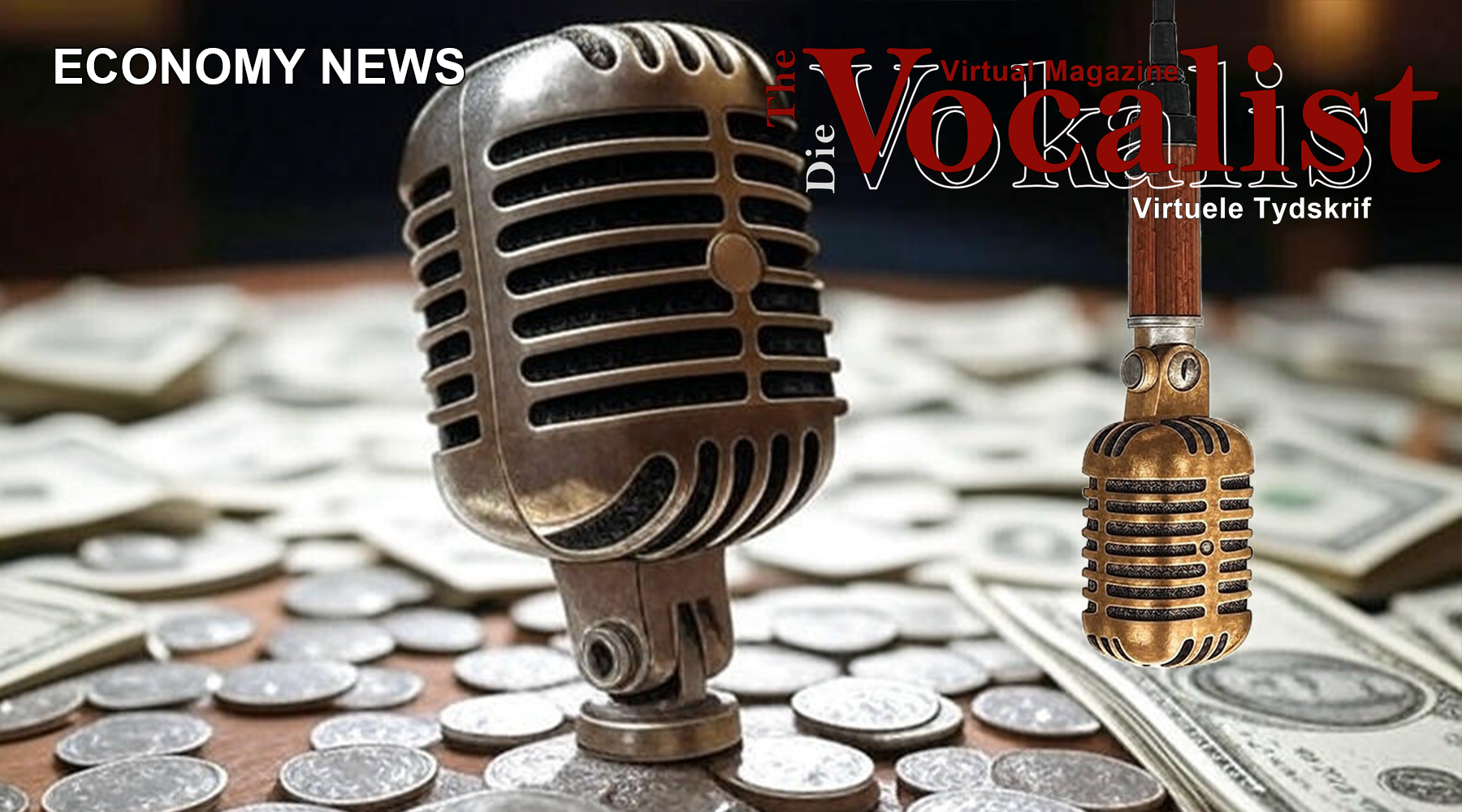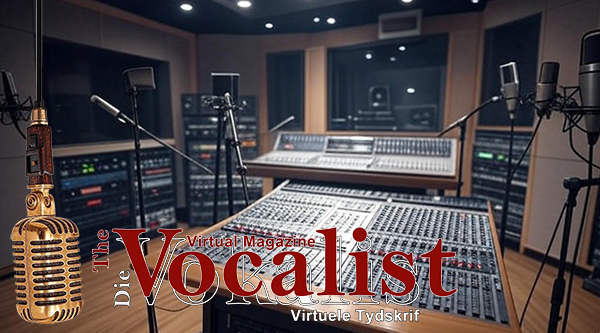Music festivals are becoming a cornerstone of economic growth for South African musicians in 2025, as global events increasingly showcase the country’s vibrant musical talent. From Ultra South Africa to Hey Neighbour and the inaugural Milk + Cookies Music Week, these festivals are not only cultural celebrations but also significant economic drivers, providing artists with performance opportunities, global exposure, and substantial earnings.
The economic impact of music festivals is multifaceted. For artists, performing at high-profile events like Hey Neighbour, set to feature Doja Cat in December 2025, offers a platform to reach international audiences, leading to increased streaming revenue and booking opportunities. The Milk + Cookies Music Week, which ran from December 31, 2024, to January 11, 2025, featured artists like DJ Kent, Zakes Bantwini, Muzi, and DJ Lag, marking the international debut of the Atlanta-based festival in South Africa. These events attract thousands of attendees, generating significant income for artists through performance fees, which can range from thousands to tens of thousands of dollars for headliners, according to industry estimates.
Beyond direct earnings, festivals contribute to the broader music ecosystem. They create opportunities for collaborations, as seen with artists like Davido, who headlined both Afro Nation Portugal and AfroFuture Detroit in 2025, and Kaytranada, who performed at Milk + Cookies. These collaborations often lead to new music releases, further boosting streaming royalties, which, as noted earlier, reached R400 million for South African artists in 2024. Additionally, festivals stimulate local economies by attracting tourists, benefiting ancillary industries like hospitality and retail, which indirectly support artists through increased visibility and merchandise sales.
The global celebration of African music, as highlighted by Billboard, is also fostering cultural pride and economic empowerment. For instance, Chxrry’s performance at the World Afrika Festival in Ethiopia and Doja Cat’s upcoming homecoming at Hey Neighbour resonate with diaspora audiences, creating a feedback loop of cultural and economic exchange. However, challenges persist, including high production costs and logistical issues for local artists, particularly those from marginalized communities who may lack access to festival circuits. Initiatives like Tems’ Leading Vibe Initiative, launched in 2025 to support young African women in music, could help address these disparities by providing resources and mentorship.
Looking forward, the economic potential of music festivals in 2025 is immense. South Africa’s G20 Presidency, which emphasizes cultural diplomacy, could further amplify these events by attracting foreign investment and promoting African music as a global export. For South African musicians, festivals represent not just a stage but a springboard to financial success, offering a sustainable model for economic growth in an industry poised for global dominance.
Discover more from Vocalist
Subscribe to get the latest posts sent to your email.





